The Emperor and the Lama: A Walk and Discussion at the Lama Temple and the Confucian Temple
Yonghegong (Lama Temple) and the Confucian Temple are physical reflections of Buddhism and Confucianism, respectively. Still, both these sites have also long played a role in state rituals and the ideology of empire.
At the Confucian Temple and the adjoining Imperial Academy, officials and rulers venerated the Great Sage in the ritual while students prepared for the examinations, which were the gateway to power and elite status in imperial China.
At Yonghegong (The Lama Temple), we will consider how the emperors of the Qing Dynasty appropriated the forms of Tibetan Buddhism by consecrating a sacred space in their capital even as their armies were steadily moving westward across the Tibetan Plateau. The historical connection between empire-building and Buddhism in Tibet continues to have profound implications for the relationship between the government and the people of that region.
This walk will offer insight into the history of Confucianism and Tibetan Buddhism while exploring two of Beijing's most famous, photogenic, and celebrated historic sites.
Walk Duration: About three hours
Upcoming Public Walks at Yonghegong (Lama Temple) and Confucian Temple
300 RMB per person (260 RMB for members of The Hutong)
Price includes all guide fees and tickets
Consider a Private Tour!
Looking for a walk that fits your schedule? Interested in a personal experience for you or your group?
Private walks of Yonghegong (Lama Temple) and Confucian Temple are available for individuals, families, schools, and company groups.
Private walks are 1995 RMB for up to five people and 260 RMB for each additional person. The price includes all guide fees and admission tickets.
What others have said...
“Extensive knowledge delivered in an entertaining way.”
Your Walk Leader
Jeremiah Jenne is a writer and historian based in Beijing since 2002. He earned his Ph.D. from the University of California, Davis, and taught Late Imperial and Modern Chinese History for over 15 years. His essays and articles on China have appeared in The Economist, South China Morning Post, The Journal of Asian Studies, Los Angeles Review of Books, and The World of Chinese. His writings can also be found in China in 2008: A Year of Great Significance, The Insider's Guide to Beijing, and the 2015 collection While We're Here: China Stories from a Writer's Colony. Jeremiah is frequently asked to speak and lead workshops on history, culture, and cultural adaptation for students, embassies, companies, and community groups. Along with David Moser, Jeremiah also hosts the podcast Barbarians at the Gate. You can follow him on Twitter @jeremiahjenne or online at jeremiahjenne.com.





